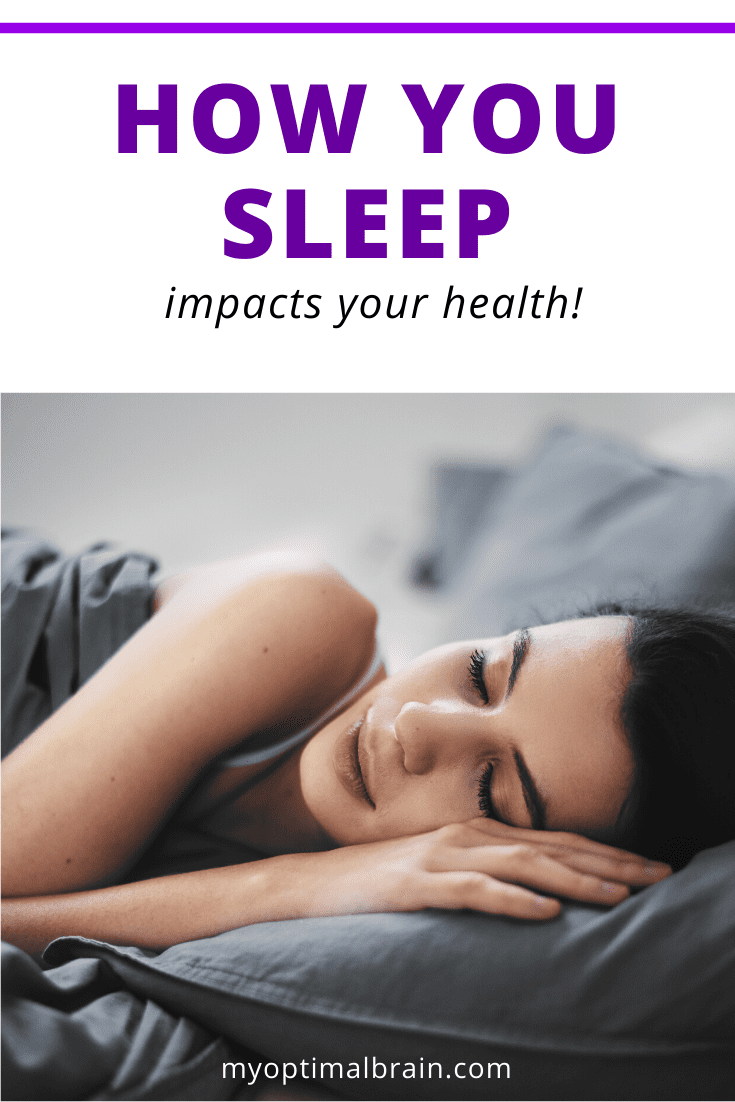Did you know that six in ten healthcare professionals do not feel that they have enough time to have a discussion with their patients about insomnia during regular office visits? Sleep health is a very important yet ofter overlooked aspect of medicine. Although eight in ten healthcare professionals believe that it is the responsibility of both the patient and the healthcare professional to bring up symptoms of insomnia during an appointment, according to National Sleep Foundation.[1] Sleep issues and sleep habits are often overlooked. Neuroscience shows us how a poor night’s sleep is impactful and detrimental for our health. Sleep deprivation can have different impacts depending on the person. The range of impacts can go from stress and emotion management to memory issues or hormonal system issues.[2],[3] Symptoms can vary and it may be difficult for some people to see the link between sleep habits and health issues.

Sleep Health: Real Life Stories
This month, we are sharing three testimonials, all linked to sleep health issues. Anna, Robert and Tina* are business owners, working in different industries. Anna had panic attacks and was highly stressed. Robert had a very low energy level all day long. Caffeine and energy drinks were his only solution for raising his energy. Tina was stressed and feeling anxious about her business.
They started our 3-month training program to address sleep health the same week. Although they had specific symptoms, they shared one common point: their sleep deprivation. As advanced InnerOptimal/Neurofeedback is non invasive, each brain works differently during the training and chooses which issue to address first. After a month of training, Anna’s panic attacks had stopped. Robert had drastically reduced his caffeine and energy drink intake from a gallon and a half to a small cup of coffee per day and was feeling energized again. Both of them saw a change in the quality of their sleep during their second month of training. This was crucial for them to integrate all the benefits of their training. Tina on the contrary recovered a full night’s sleep after only three brain training sessions. As she said to us, “I haven’t been sleeping like that for years. Now I sleep like a log.” In addition “(she saw) other results that made her happy to continue the training”. For Tina, it was important that she recovered a good quality of sleep before her brain could go deeper in the training.
A poor quality of sleep can be the cause or the consequence of other issues. In any case, a sleep problem is a way for the body to warn us of a health issue.
We Can Help
We strive to provide more information about the brain and how its function can affect many parts of your life. Contact us to learn more about our sleep health services. Follow us on Facebook to get more information every week. Share your questions and thoughts with us. We will be pleased to answer you.
*Names have been changed for confidentiality
[1] https://sleepfoundation.org/sleep-news/25-random-facts-about-sleep
[2] Sleep on it, Scientific American magazine, “Mysteries of the mind”, Summer 2017, p.56
[3] Sleep will enhance memory, Scientific American magazine, “Mysteries of the mind”, Summer 2017, p.59


